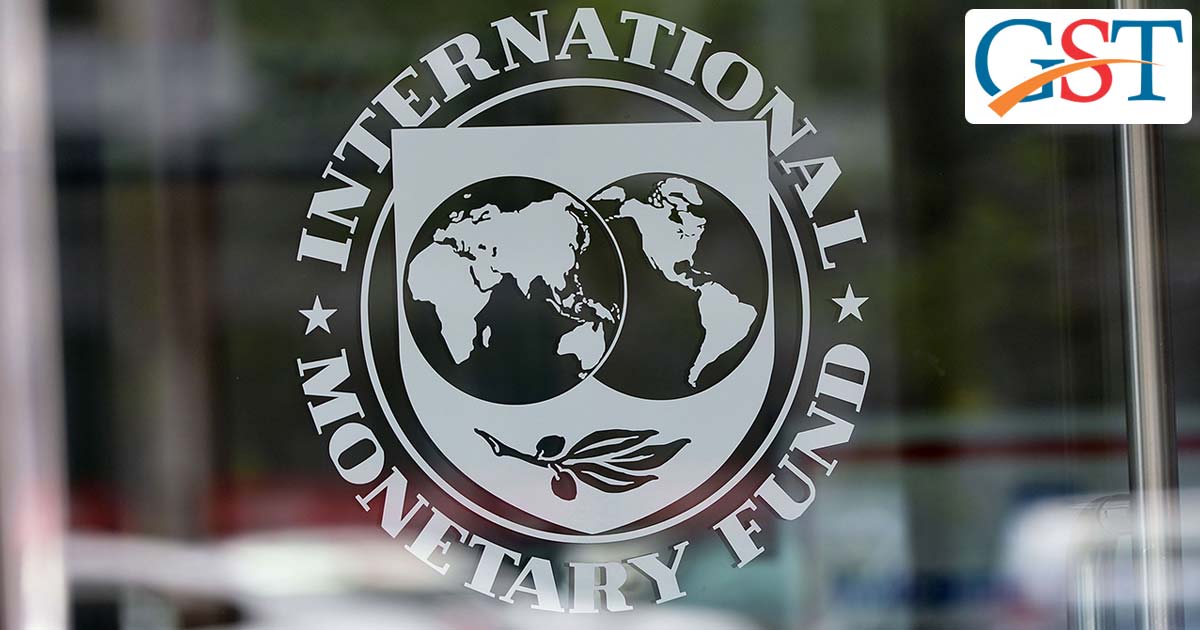A major reason for the Government of India’s bold moves over the last two years has been driven by its motto to digitize the current economic structure as well as widen the scope of the formal sector. Recent reports across various economic platforms indicate that the Indian Economy is in a recovery mode from the double jolt of demonetization and GST. The same sentiment seems to echo in the Fiscal Monitor report released by the IMF. The report titled ‘Capitalising on Good times’ appreciates the buoyant revenues generated as a result of the two bold moves. However, it also points out that the higher compensation paid by the Central government to the Indian States in return for the States support in GST implementation coupled with the lower income revenue received from the RBI has overshadowed the base-broadening efforts of the Government.
The IMF report also stressed the need to create a better fiscal space that grants flexibility to the government’s spending options. To sustain a growth-friendly fiscal consolidation, the Government need to ensure full and smooth implementation of the new goods and services tax. This would check tax revenue underperformance resulting in cuts to capital expenditures. The IMF said, “India, which has recovered from disruptions caused by demonetization and the rollout of the GST, must fully implement the new nationwide indirect tax to avoid tax revenue underperformance resulting in cuts to capital expenditures.The fiscal year 2017/18 witnessed minimum fiscal consolidation from the centre.”
As per IMF, the financial year witnessed a marginal decrease in Fiscal deficits across emerging markets and middle-income economies whereas previous years had recorded steady increase in fiscal deficits. This was mainly aided by the fiscal adjustments driven by commodity exporters. On paper, .4% decrease in fiscal deficit was recorded for the year 2017. The overall deficit for 2017 stood at 4.4 percent of GDP in 2017 compared to the 4.8 percent of GDP in 2016
However, IMF attributes this decrease to the increase in commodity prices and expenditure cuts imposed by the Gulf Cooperation Council members, Mexico, and Russia. The decrease in fiscal deficit was a common feature across major commodity exporters. Over the last quarter or so, demands for reforms to facilitate lower oil prices have gained momentum amidst commodity exporters.
However, fiscal deficits of non-commodity exporters like India are governed by the rising fiscal deficits in China. This is a common trend observed across all emerging market and middle-income economies when off-budget spending of China, one of the current major players in the Global economy.
The report also compared the contrasting fiscal consolidation steps undertaken in Brazil which is a major emerging market. The fiscal policy in Brazil was centered around consolidation which should be the norm in developing countries with lower commodity prices. The IMF report however still observed that Brazil could be more ambitious with its fiscal consolidation policies. The report states, “Several countries could step up the speed of their fiscal adjustment, Brazil should quicken the pace of consolidation and front-load the fiscal effort”.
